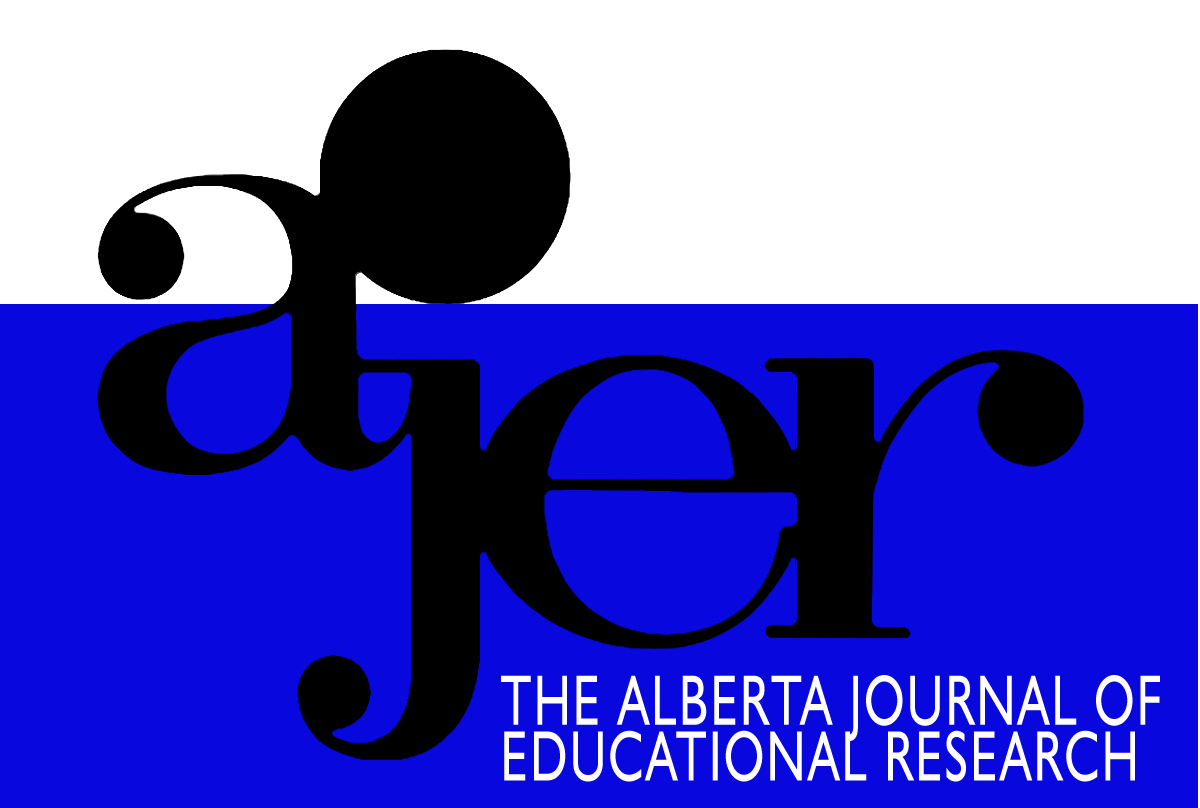Neoliberalism in Websites of Schools of Education and Teacher Education Programs: Comparison between Canadian and American Public Universities
DOI:
https://doi.org/10.55016/ojs/ajer.v64i4.56594Keywords:
schools of education, teacher education programs, websites, marketingAbstract
This study analyzes websites of university-based Schools of Education and Teacher Education Programs, and points to the (intentional or unintentional) active role these institutions play in maintaining and supporting neoliberal ideology. The study uses a qualitative method to examine websites of 30 public universities, 15 American and 15 Canadian. Using a grounded theory approach, five neoliberal-related features are identified: marketing, business terminology, employability, economic orientation, and outcome-based approach. The latter two features were found only in the American websites. The paper discusses implications for each of the features, as well as for the differences between American and Canadian institutions. Teacher educators are encouraged to take the findings seriously as there is a concern that neoliberal trends and practices will continue to seep more deeply into Teacher Education Programs.
Cette étude analyse les sites Web de programmes universitaires de formation des enseignants et fait ressortir le rôle actif (intentionnel ou non) que jouent ces institutions dans le maintien et l’appui du néolibéralisme. L’étude emploie une méthode qualitative pour examiner les sites Web de 30 universités publiques, dont 15 américaines et 15 canadiennes. Une approche théorique à base empirique a permis d’identifier cinq éléments liés au néolibéralisme : le marketing, le vocabulaire commercial, l’employabilité, l’orientation économique et une approche axée sur les résultats. Les deux derniers éléments étaient présents seulement dans les sites Web américains. L’article discute des retombées de chacun des éléments et évoque les différences entre les institutions américaines et canadiennes. On encourage les formateurs d’enseignants de prendre ces résultats au sérieux car on craint que les tendances et les pratiques néolibérales continueront à s’infiltrer de plus en plus dans les programmes de formation des enseignants.
Mots clés: établissements de formation, programmes de formation des enseignants, sites Web, marketing
Downloads
Published
Issue
Section
License
UNIVERSITY OF ALBERTA COPYRIGHT LICENSE AND PUBLICATION AGREEMENT
If accepted, authors will be asked to sign a copyright agreement with the following points:
A. Where there is any inconsistency between this Copyright License and Publication Agreement and any other document or agreement in relation to the same subject matter, the terms of this Agreement shall govern.
B. This document sets out the rights you are granting in relation to publication of your article, book review, or research note entitled (the “Article”) through inclusion in the academic journal titled Alberta Journal of Educational Research (the “Journal”) published through the Faculty of Education, representing the Governors of the University of Alberta (the “Journal Editor”).
C. There will be no payment to you for this publication and grant of rights. In consideration of the agreement to publish the Article in the Journal:
1. You are warranting that:
- the content of the Article is your original work, and its content does not contain any material infringing the copyright of others; or, where the Article is not entirely your original work, you have obtained all necessary permissions in writing to grant the rights you are giving in this agreement;
- the content of the Article does not contain any material that is defamatory of, or violates the privacy rights of, or discloses the confidential information of, any other person;
- the Article has not been published elsewhere in whole or in part, and you will not allow publication of the Article elsewhere without the consent of the Journal Editor;
- the names of all co-authors and contributors to the Article are:
2. You agree to license the copyright in the Article to the Journal Editor, on a worldwide, perpetual, royalty free basis; and to the extent required by the terms of this agreement. You shall retain the right at all times to be acknowledged as the/an author of the Article.
3. You further agree that the Journal Editor has the entitlement to deal with the Article as the Journal Editor sees fit, and including in the following manner;
- The right to print, publish, market, communicate and distribute the Article and the Journal, in this and any subsequent editions, in all media (including electronic media), in all languages, and in all territories, ing the full term of copyright, and including any form of the Article separated from the Journal, such as in a database, abstract, offprint, translation or otherwise, and to authorize third parties to do so;
- The right to register copyright of the Journal;
- The right to edit the Article, to conform to editorial policy as the Journal Editor sees fit.
4. If any co-author or contributor to the Article does not sign this agreement, the Journal Editor reserves the right to refuse to publish the Article.



